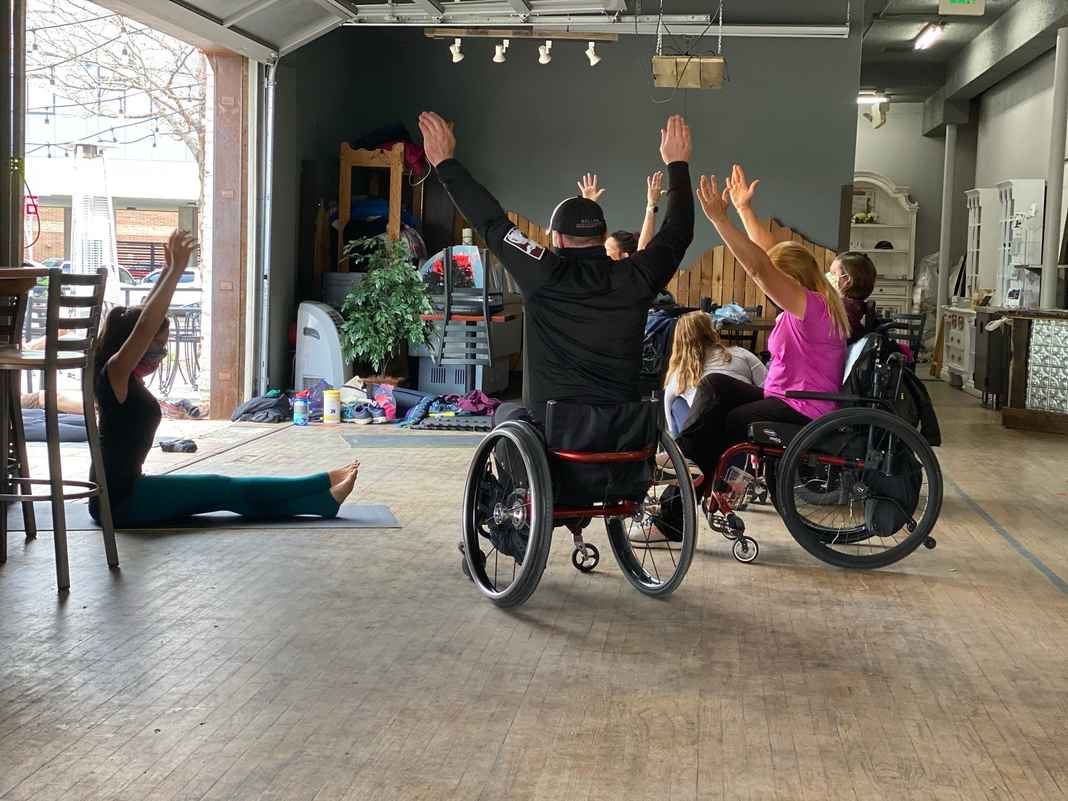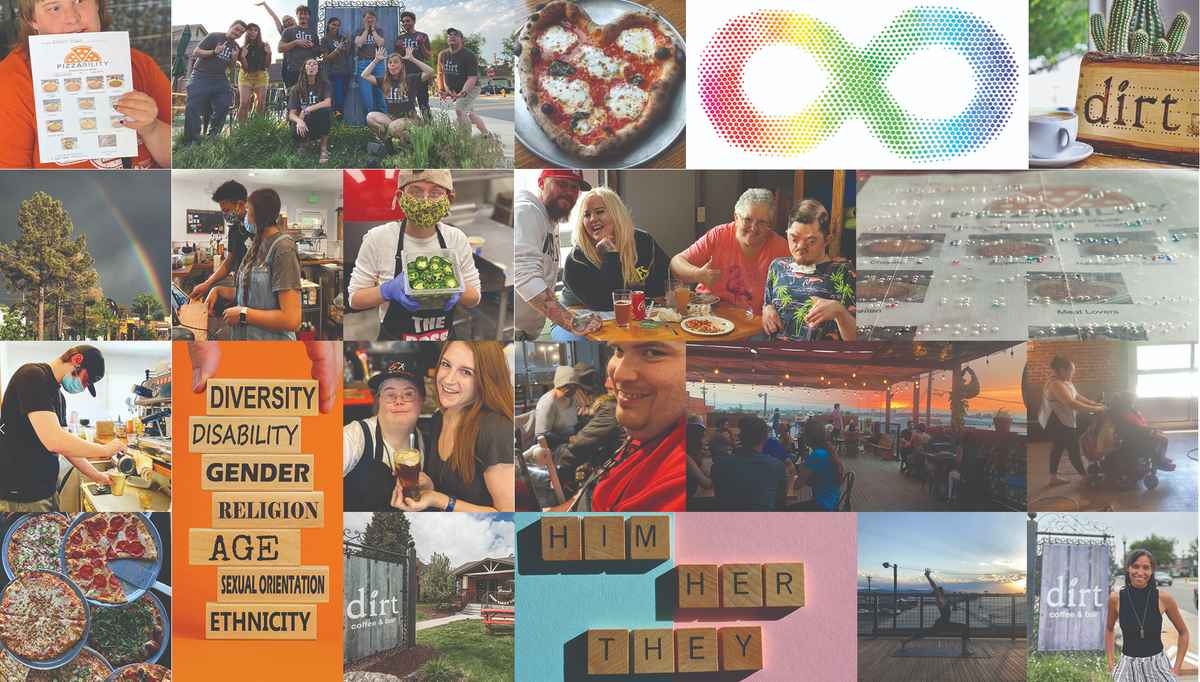Safe Keeping
How do you safeguard your staff in an uncivil world?
The pandemic gave way to an industry—and a consumer—that’s hyperaware of hygiene, proximity, and the minute, often frustrating details of pickup and delivery service. Mask mandates and social distancing were drilled into the minds of staff, with the operative word, “safety,” top of mind for management, servers, and customers alike. But in addition to sanitation and OSHA compliance, safety’s broader definition includes creating environments where all people feel secure.
Part of that endeavor is ensuring the places we frequent or earn a living—our favorite pizza joints, coffee shops, and upscale restaurants—are not just welcoming and respectful places for guests, but for the people behind the counter, too. The chance to earn wages, to be seen and respected, and to walk away after a shift feeling accomplished and confident should always be part of a service job. But too often, that sense of satisfaction is more elusive for people of color, people with diverse gender identities, or people with disabilities.
It doesn’t take a lot, just being mindful of what people might need. I’m constantly learning about new things and being open to them.
Tiffany Fixter, M.Ed., Brewability Lab
Englewood’s Brewability Lab aims to create a safe environment for its staff—which is made up of people with intellectual and developmental disabilities—while also battling the stigma of those individuals working in the food industry. Owner and operator Tiffany Fixter, M.Ed. says it’s about being equally mindful of both staff and customers. “There are low-cost things that restaurant owners can do to be accessible,” says Fixter. “Simple things like access to straws and weighted silverware. We have braille menus and taps, picture-based menus, and are working on a menu for people with dyslexia. It’s about having the same information [presented] in different ways.”
Fixter says Brewability uses Square for its POS, which mimics the picture-based menu available to customers and staff. Seemingly trivial things like keeping beer taps in the same order and having consistent schedules can make a huge difference for staff who rely on routine. Cutting down a segment of the bar to be wheelchair accessible or, as Brewability does, having a sensory room for folks who are feeling overstimulated also demonstrate a restaurant is welcoming of everyone. “It doesn’t take a lot, just being mindful of what people might need. I’m constantly learning about new things and being open to them,” she explains.

Making way for education and conversation is also an important part of creating a safe environment. At Dirt Coffee Bar, which is staffed by neurodivergent people, there are a multitude of small but powerful details that contribute to being informative and welcoming. “Something that’s critical to what we do at Dirt is creating an atmosphere of inclusion,” says executive director Catharina Hughey. “We have different stickers explaining what neurodivergent and neurotypical mean. Building in emotional and educational safety into our everyday culture is a way we try to make a safe workplace.”
Having an open-door policy also goes a long way in any restaurant—it’s important to keep communication open and have a staff that feels comfortable and confident bringing concerns to management. “One thing that’s big for me as a manager is that it’s OK to make mistakes,” says Hughey. “And just keeping the door open. Every employee’s contribution matters. Not asking for opinions or perspective can really push you back in your growth.”
The team at Dirt Coffee likes to celebrate individualism in many ways, like adding musicians who have autism to the Spotify playlist and wearing pronoun pins to prevent misgendering. “Creating a safe place starts with asking people what they need,” explains Hughey. “Questions like, ‘How are you doing? What support do you need?’ [And then] believing people’s experiences and not dismissing them.”
While Brewability Lab and Dirt Coffee Bar were founded with the purpose of employing diverse and underrepresented staff, even businesses that don’t consider this part of their core mission can make progress in creating safe spaces in some relatively simple ways. Joy Hill on South Broadway in Denver is dedicated to creating an environment that’s safe, comfortable, and welcoming for both customers and staff. The bar and lounge has a strict no-tolerance policy for harassment or abuse of any kind. “Everything we do, we try to reinforce our company’s cultural values,” says Julia Duncan-Roitman, partner and managing member. “Those include the health and safety of our staff and for us, that means a lot of things: no harassment and no abuse, but also a healthy work-life balance, a living wage, and beyond.”
We feel very protective of our staff over guests…there’s an air of entitlement. We want to provide an excellent experience but we want staff to be treated on the same plane as guests.
Julia Duncan-Roitman, Joy Hill
When Joy Hill opened in March 2020, the management team set that tone from the jump (which Duncan-Roitman acknowledges is easier than trying to integrate a bunch of new policies into an existing system). When placing employment ads or interviewing, she always asks employees’ pronouns and verbalizes that the space is safe. “We’re trying to weed out any toxicity that can occur in the restaurant industry. We try to eliminate that right away,” she says.
Duncan-Roitman, Fixter, and Hughey all agree that customer service is a two-way transaction—respect from both sides of the counter is equally important. “We feel very protective of our staff over guests, as they can be the biggest problem,” says Duncan-Roitman. “There’s an air of [guest] entitlement. We want to provide an excellent experience but we want staff to be treated on the same plane as guests. We provide friendly and professional service but we try not to convey a hierarchy.”
Because the occasional callous or disgruntled customer is inevitable, it’s necessary for management to have plans in place to remedy uncomfortable situations. Fixter believes starting with gentle education is the best first step. “If a customer is disrespectful or obnoxious, we take the opportunity to educate them on what we do at Brewability; I explain that we employ adults with intellectual and developmental disabilities. If they continue to be rude, then we ask them to leave. It is better to protect our staff, customers, and our positive atmosphere.”
As the industry actively moves toward inclusivity, don’t be afraid to ask for help or do a little research if you’re unsure of how to create a welcoming space for all. A restaurant doesn’t have to completely shift its modus operandi all at once. But small changes that say, We see you and we respect all people here, can make the difference between a potential employee (or customer) choosing you versus the guy down the road.
Talk to us! Email your experiences (and thoughts, opinions, and questions—anything, really) to askus@diningout.com.
